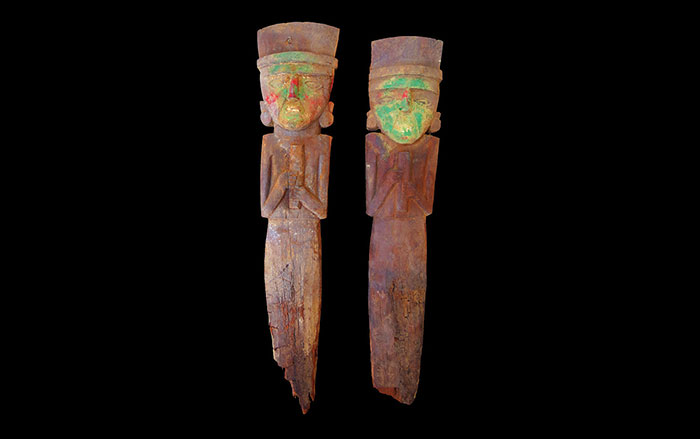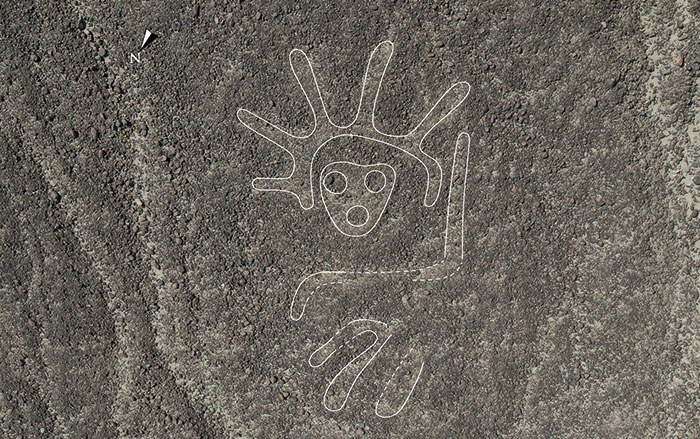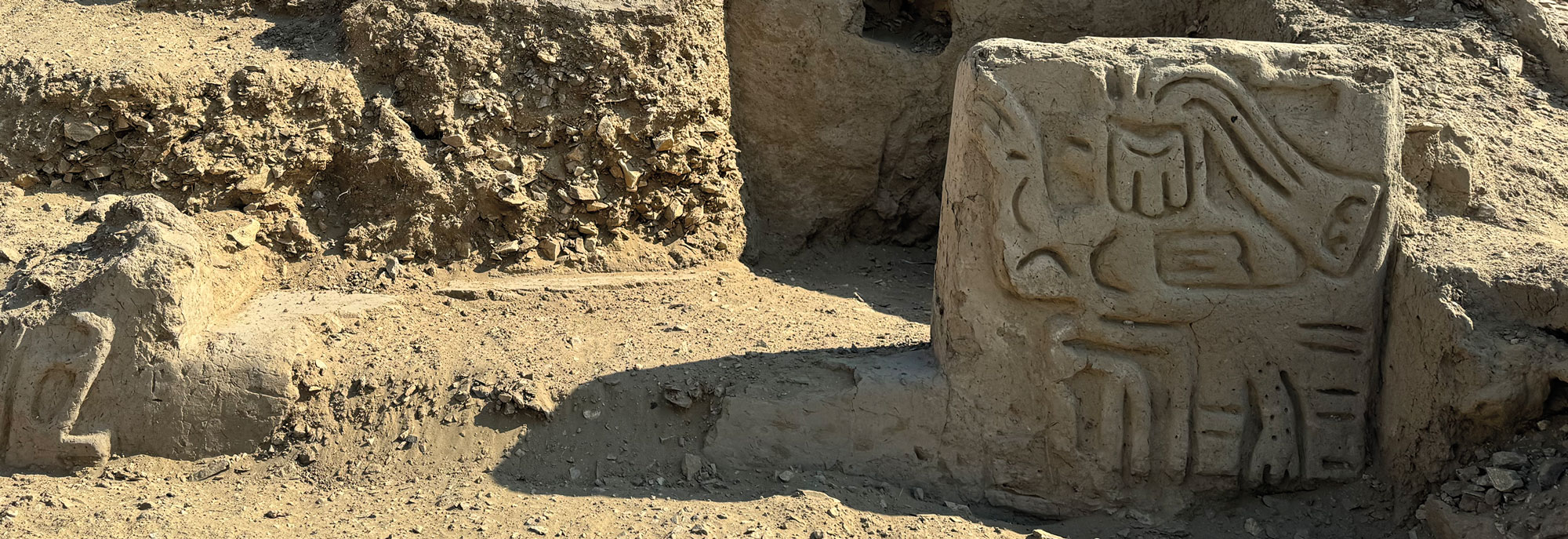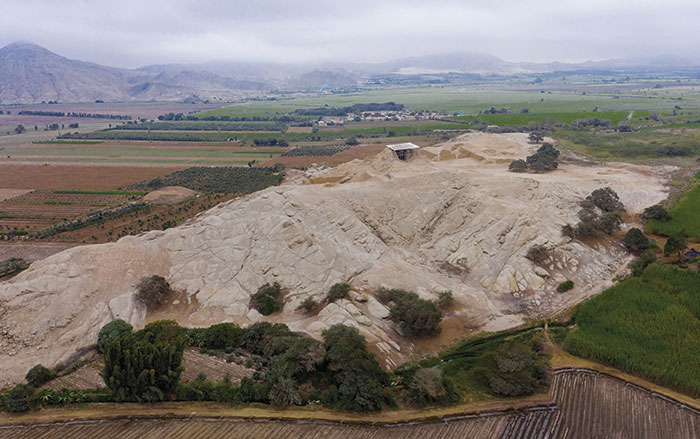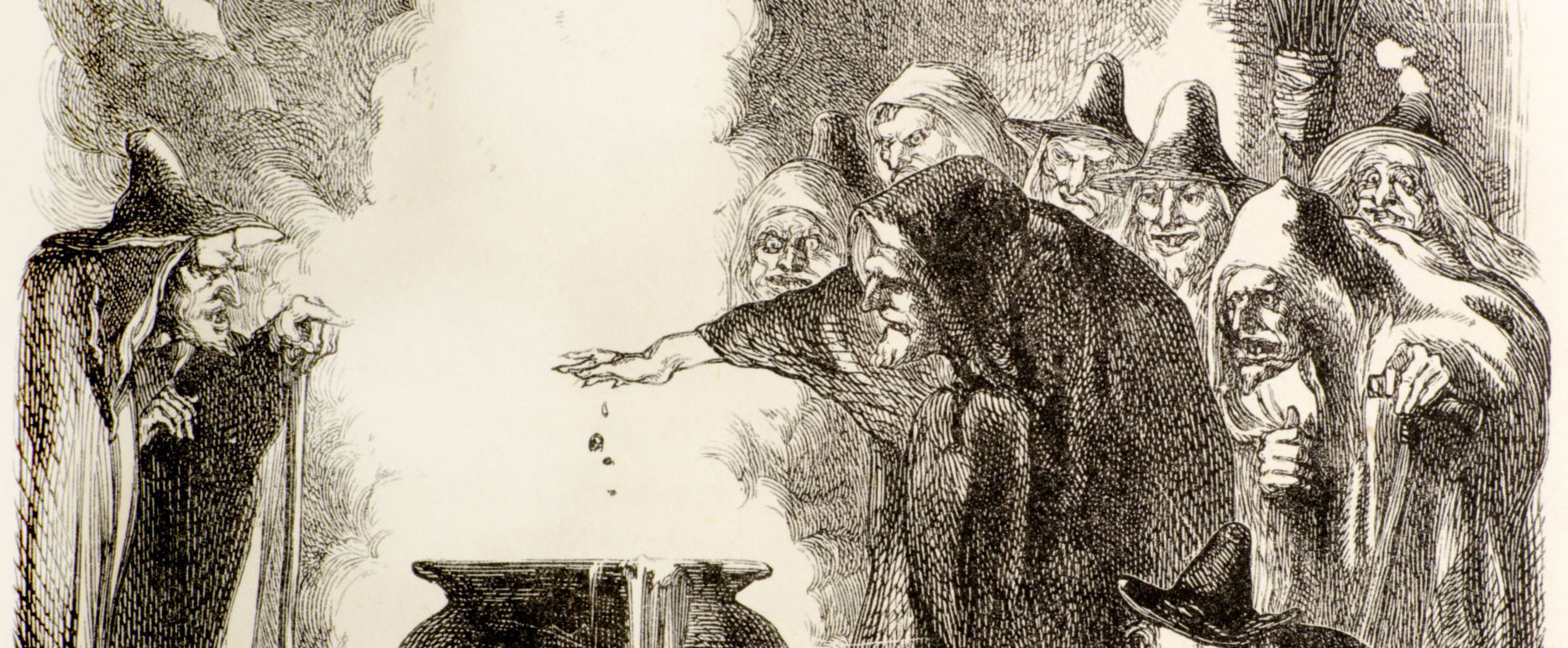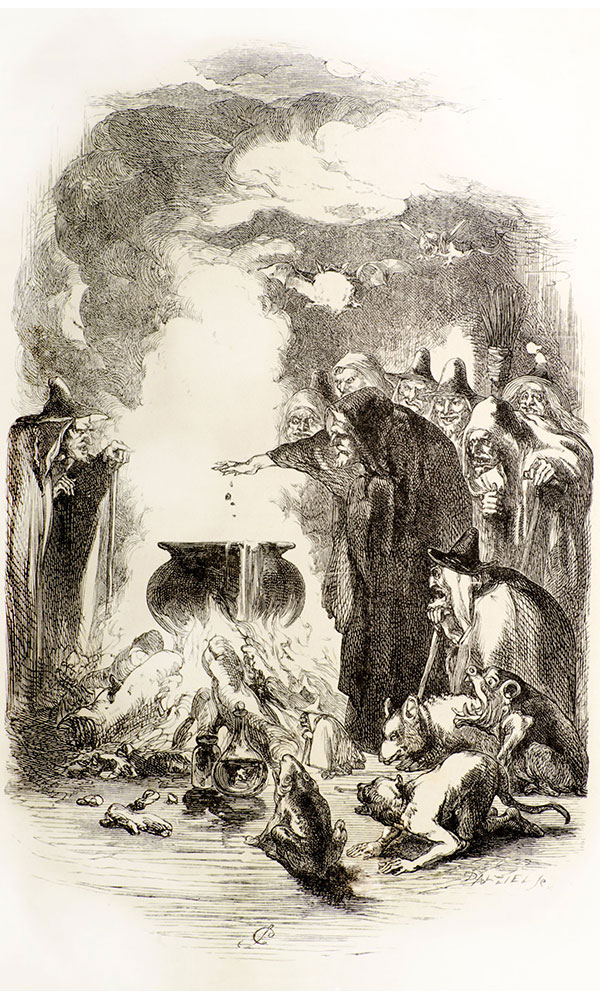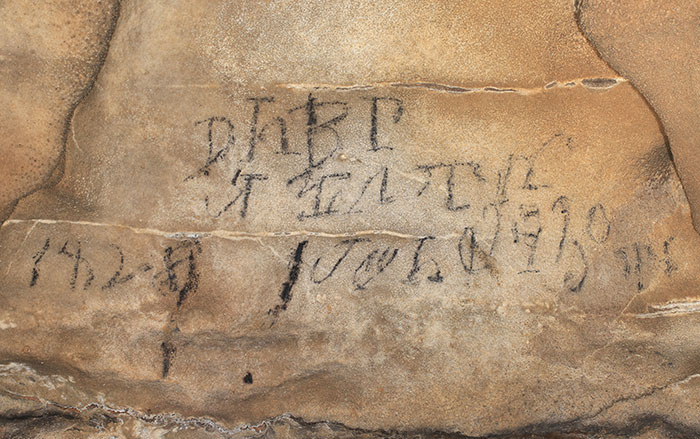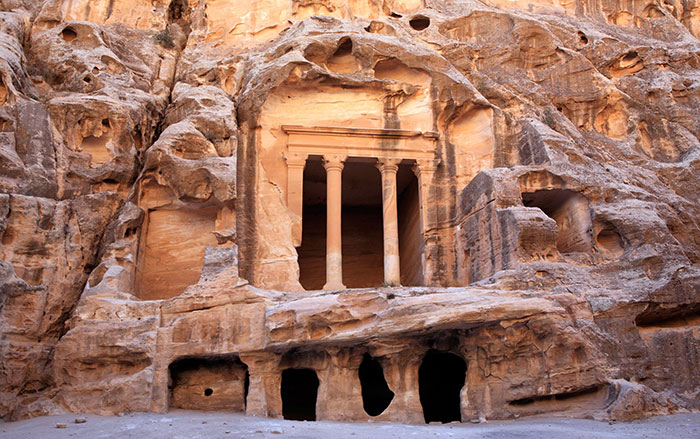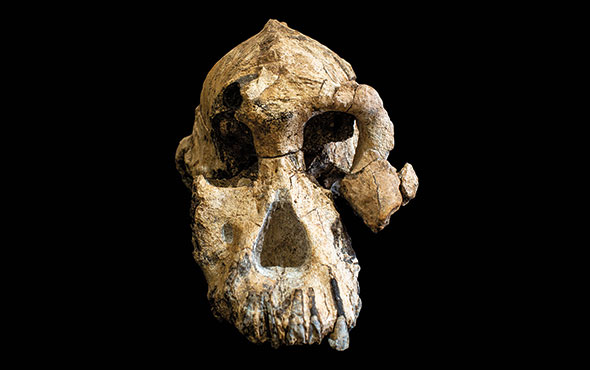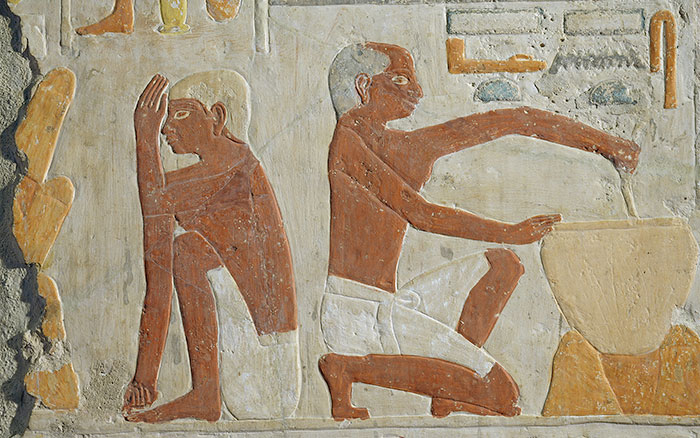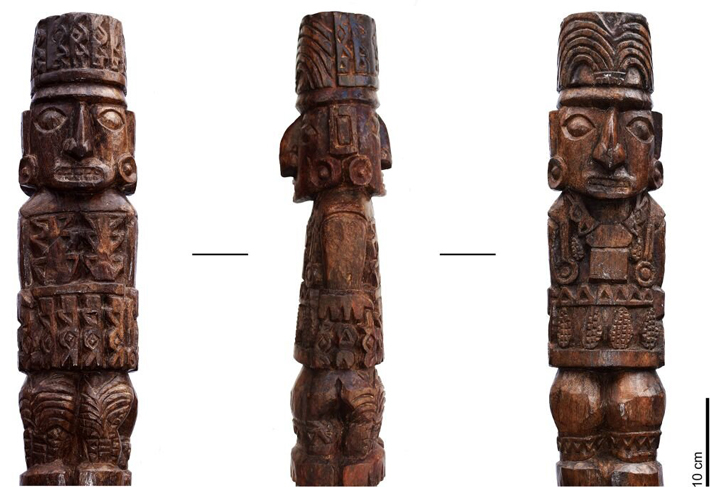
PARIS, FRANCE—Live Science reports that researchers led by Marcela Sepúlveda of Sorbonne University examined the seven- and one-half-foot-tall wooden statue known as the Pachacamac idol, which was unearthed in 1938 within the Painted Temple at Pachacamac, an Inca sanctuary located near the coastline of central Peru. In 1533, Spanish conquistador Hernando Pizarro ordered that the revered idol at Pachacamac be destroyed, and so researchers did not know if the statue unearthed within the temple was the sacred object or another artifact. Sepúlveda and her colleagues radiocarbon dated the statue to sometime between A.D. 760 and 876, which suggests that it was made by the Wari people and that the oracle site was important hundreds of years before the rise of the Inca Empire. Analysis of the statue's surface with X-ray fluorescence spectrometry revealed traces of color, Sepúlveda added. Its teeth were once painted white, and parts of its headdress were decorated with yellow pigment. Cinnabar, a red pigment that is found in the Andes Mountains some 250 miles away, was also detected. The red color may have been a symbol of economic might and political power, Sepúlveda explained. For more on recent finds in Peru, go to "Peruvian Mass Sacrifice," one of ARCHAEOLOGY's Top 10 Discoveries of 2019.


